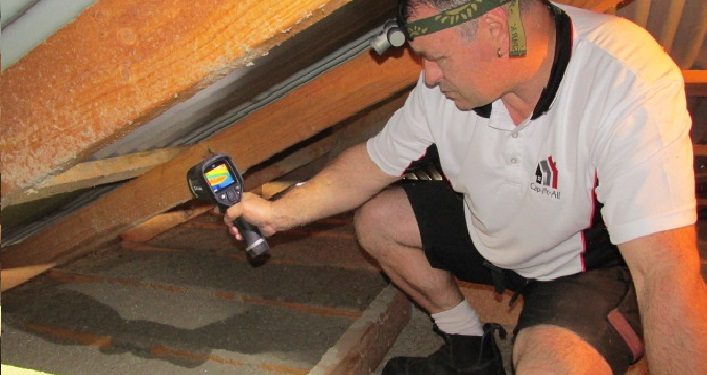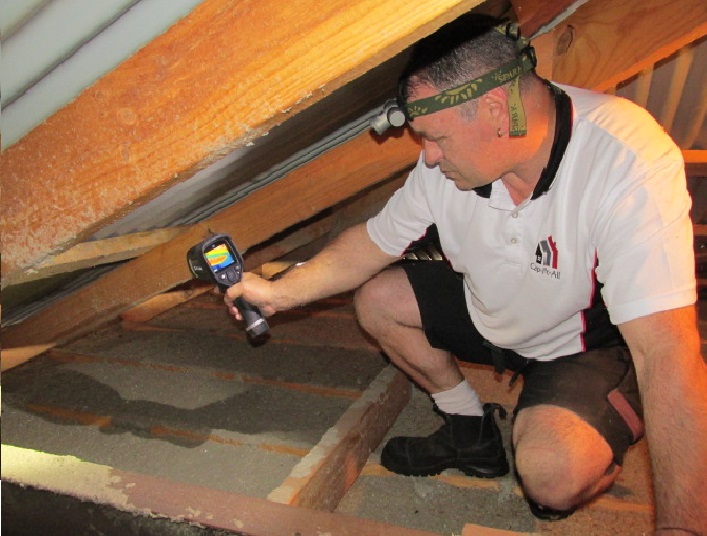
Considerations and Questions to Ask Your Builder Before Building a House
|
The Benefits of Using a Building Inspector from the Beginning of the Building Process
A good building inspector will be there to advise you from the beginning of the building process through to after you have moved in or rented the home out. A building inspector can inspect your new home at each stage of the build so that any mistakes the Builder makes can be fixed immediately rather than a mistake becoming a bigger problem down the line and causing you inconvenience. Defects are easier to identify at each stage, for example the inspector couldn’t identify defects in the slab once floor coverings have been installed. Ensure you employ a building inspector who will check plans and specifications so you know your inspector is checking compliance against the working drawings. Additionally the inspector you employ should be confident in advising you further should the Builder refuse to rectify any defects found – it is surprising how many inspectors issue reports but won’t act for their client once a dispute arises. It is best to employ an inspector who is going to work for YOU and is willing to offer advice throughout the whole building process. |

|
It will usually be more cost effective to consider cosmetic issues in the below areas before signing your building contract rather than later down the track:
- Exterior (crossover, downpipes, garages, security etc)
- Plumbing (hot water system, taps etc)
- Bathroom / WC (vanity, mirror, shower screen etc)
- Laundry (cabinetry, exhaust fan, sink etc)
- Kitchen (bench tops, splash backs, sink size etc)
- Electrical (power points, light fittings, three phase power etc)
- Interior (wider hallways, skirting boards, gas points etc)
There are many things that can be and should be considered before signing a building contract and doing this prior to signing the contract rather than trying to negotiate after the contract has been signed can save you a lot of money. An example of a saving you can make would be the installation of a gas point in the alfresco area – if you are just installing it for the use of a BBQ it can often be cheaper to buy gas bottles on an individual basis.
It is a common for issues to arise between a Builder and the client. There are many technical considerations at each stage of the build, and with so many different trades involved it can be difficult for the Builder to keep on top of the technicalities and issues that the client should be made aware of about their new home.
The following is a list of the stages of a build, and some of the technical considerations of each stage:
- Slab Down – cracking, delays after pouring and considerations for polished concrete.
- Plate Height – no perpends on external bricks, mortar splashes and face brickwork selection.
- Roof Framework – treatment of timber.
- Lock Up – waterproofing.
- Practical Completion – floor coverings, soak wells, painting and window treatments.
When building a house all building compliance requirements must be met. If a performance requirement isn’t met, an alternative solution may be provided by the Builder. Where an alternative solution exists, it must be proven that performance requirements are met. This is then signed off by a suitably qualified person.
When a building inspection is due, the process is usually as follows:
- Inspection is arranged with building supervisor.
- Site inspection is undertaken. You are more than welcome to attend the inspection, although it should be noted that the inspector will need to maintain focus at all times and may not be able to offer a definitive opinion on some items immediately after inspection (See next point)
- The inspector gets back to the office to collate the information and make comparisons against compliance with the code. Even if the inspector knows that a defect exists, the question must be answered, how is it defective? This creates clarity and also gives the report greater influence should the report be required in a dispute situation.
- Client is contacted and all points within the report are discussed. The inspector will then offer advice as to the items which need immediate rectification, the areas where potential enforcement may be at the client’s discretion, and areas which should be monitored.
- The building supervisor or relevant representative will be contacted and rectification will be undertaken by the builder where necessary.
Should your Builder refuse to rectify an item, the inspector should assist in offering best advice and help prepare & submit a complaint via the building commission if necessary.
Visit the Building a House in Perth website for more information on the process of building your new home. Cap-It-All Building Inspections Perth offer free advice throughout the inspection process and beyond, as well as a
pre-inspection pack which will build on some of the points mentioned above. We believe you should be able to proceed confidently with the building of your house knowing the process will be stress-free.
